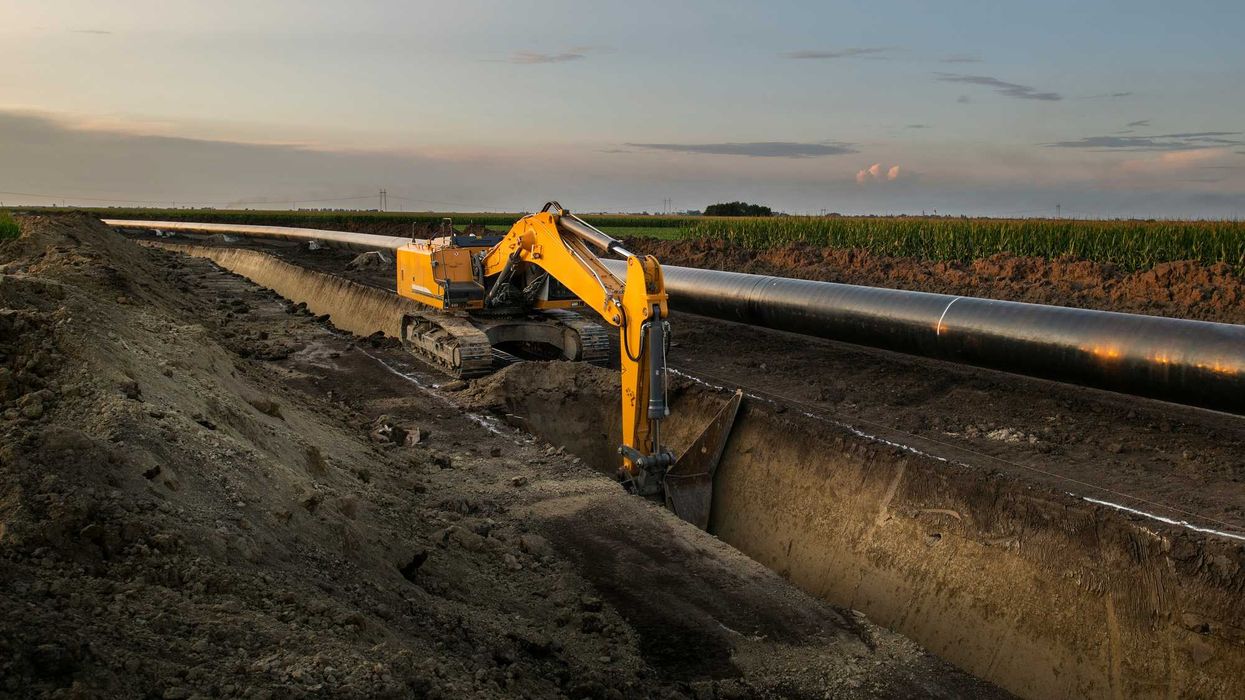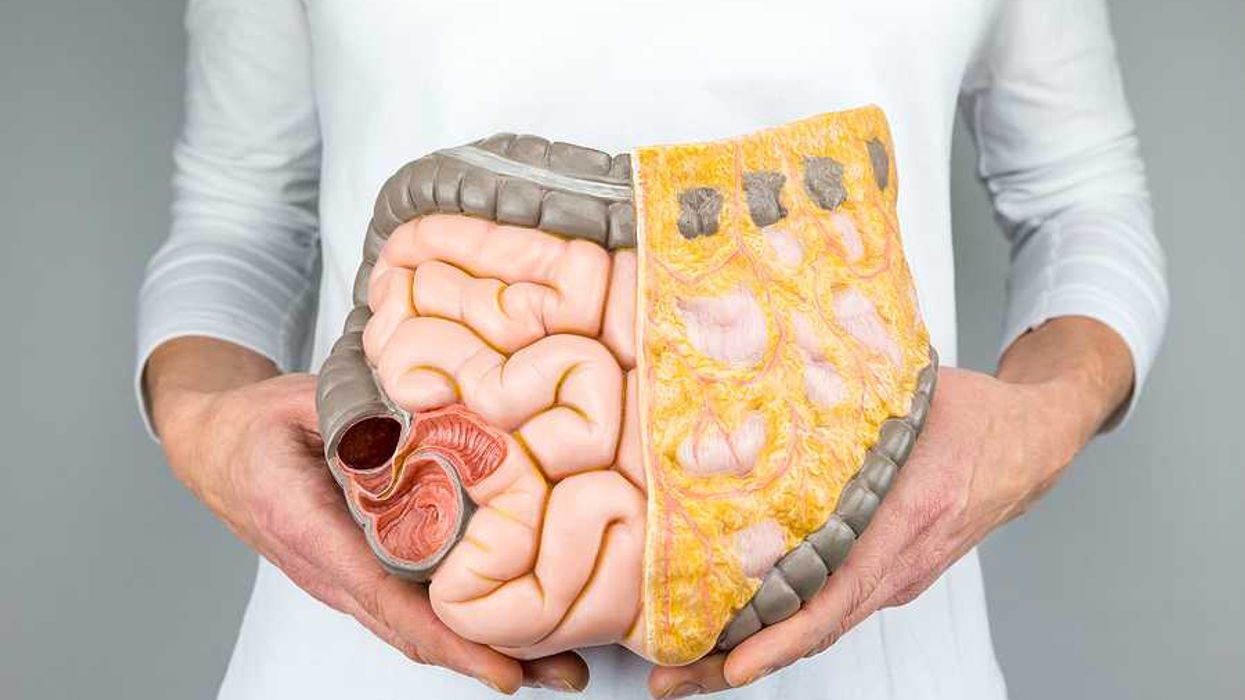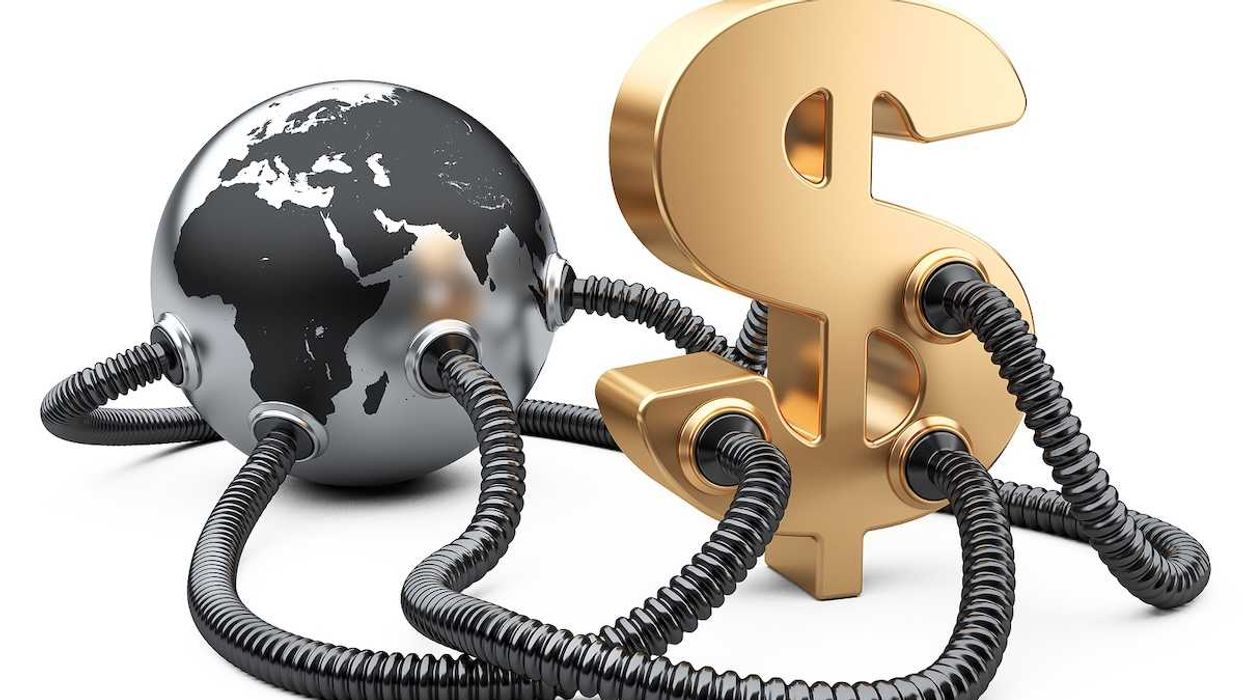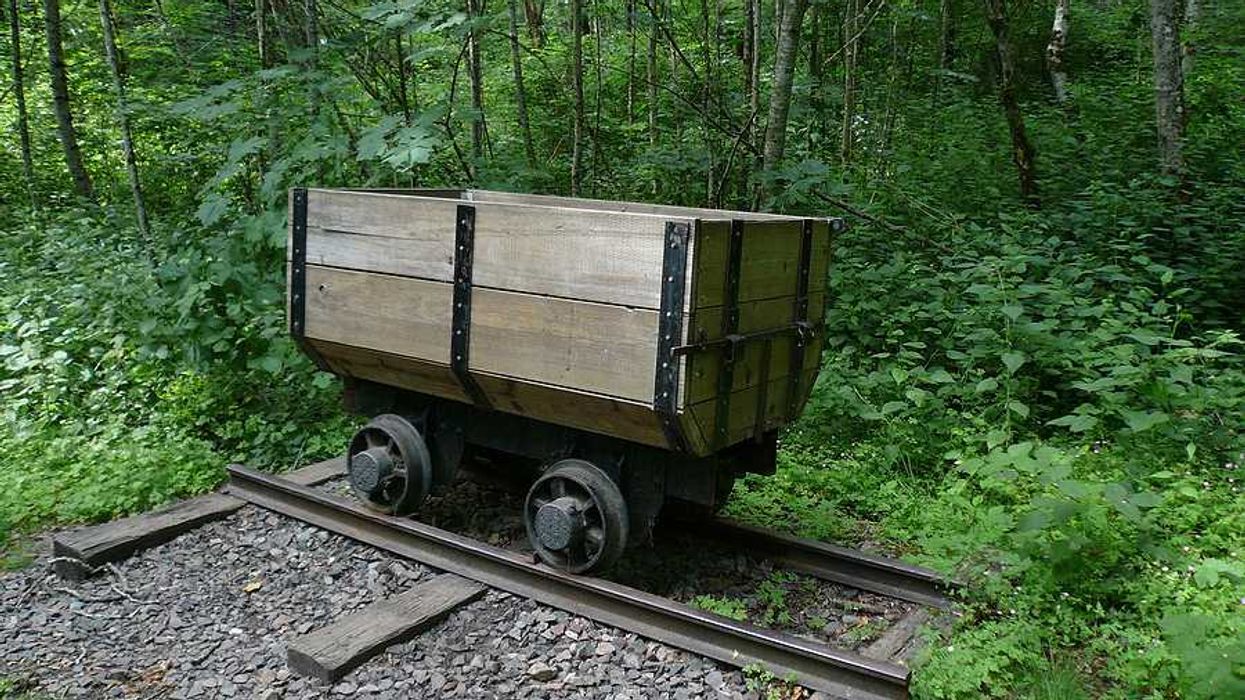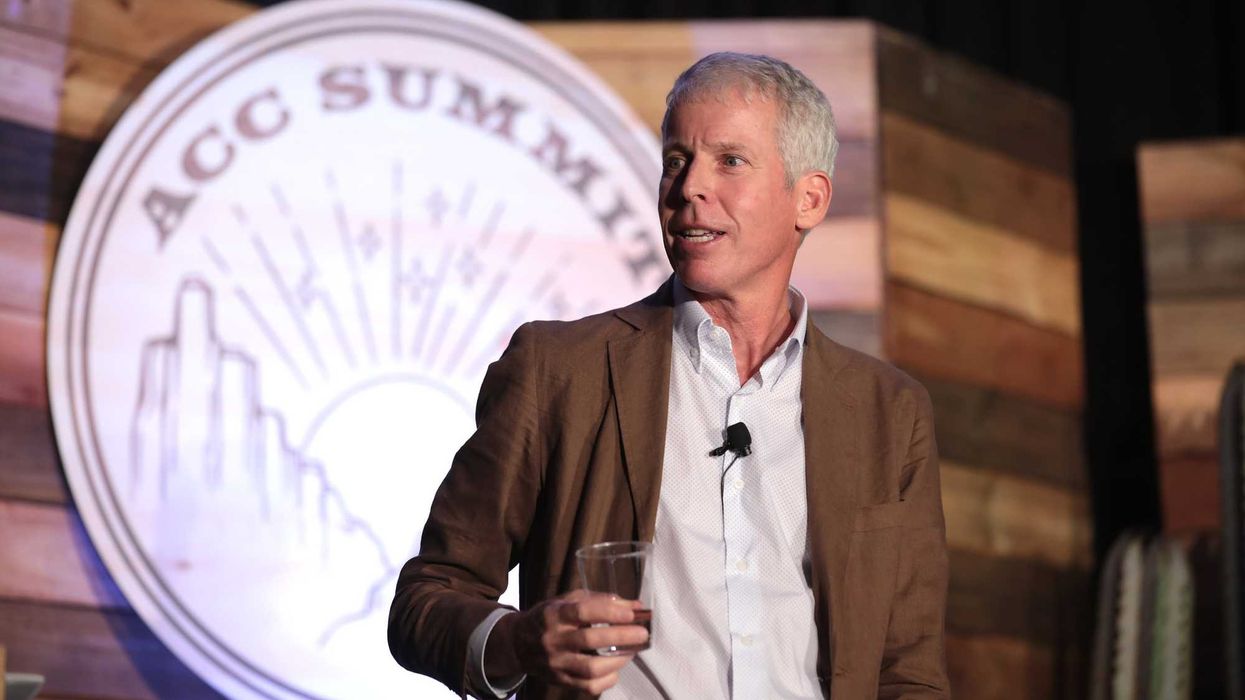A growing lack of reliable, standardized data on recycling is making it harder for countries to track waste, measure progress, or enforce meaningful environmental policy.
Faisal Shennib writes for The Conversation.
In short:
- Waste tracking systems vary widely around the world, with inconsistent definitions of recycling and incomplete or outdated data, hampering global comparisons and progress.
- Even countries with mandatory reporting, such as those in the European Union and Canada, allow flexible methods and estimations that reduce the reliability of their figures.
- The United States has not updated national recycling characterization data since 2018, and its reporting is voluntary, leading to major gaps in understanding what happens to its waste.
Why this matters:
Without reliable data, policymakers and industry leaders can’t see how much recyclable material is actually reused — or wasted. That lack of visibility allows contaminated or unwanted materials to be landfilled, incinerated, or dumped in lower-income countries under the guise of recycling. Meanwhile, the extraction and disposal of resources emit greenhouse gases, contribute to plastic pollution, and drain economic value from communities. Even nations with strong recycling programs often rely on opaque systems that count waste as “recycled” just because it’s collected — regardless of what happens next.
Related: WATCH: Plastics: a health and environmental emergency


